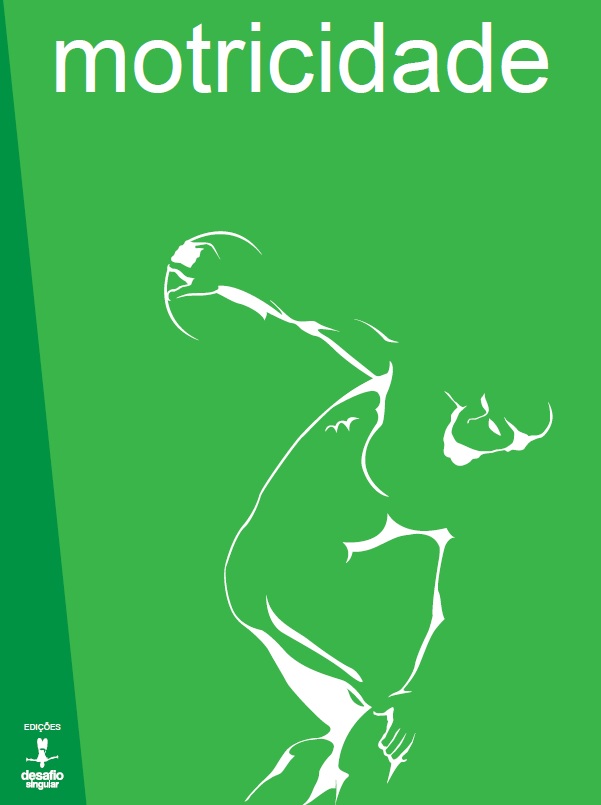Flow predisposition in Brazilian rugby athletes
DOI:
https://doi.org/10.6063/motricidade.9872Abstract
Flow describes a mental state in which people seem to flow when they demonstrate a productive and motivated effort. This study sought to understand the significance that rugby athletes attribute to the flow state, the perception of the phenomena in the sports practice and the implications on performance. For that, 8 male athletes participated in the study, representing the juvenile and senior teams submitted to a semi-structured interview. The results indicated that flow occurs in situations that present balance between personal skills and challenges in sports activity. Success in the game, positive emotions, support/encouragement, recognition and overcoming were aspects that marked the experience elected as special. Making use of psychological strategies, high levels of concentration, feeling prepared for the game and positive emotions were cited as fundamental in achieving flow in the game. On the other hand, some aspects, besides causing harm, interrupted the flow: negative emotions, not perceiving one's self as prepared for the challenge, concentration problems, intragroup difficulties. Negative emotions and the feeling that one is not prepared for the challenge were aspects mentioned only by juvenile athletes. The athletes´ speech showed that although they could not describe the flow, they had already experienced this psychological state.
Downloads
Additional Files
Published
Issue
Section
License
The authors of submitted manuscripts must transfer the full copyright to Journal Motricidade / Sílabas Didáticas Editions. Granting copyright permission allows the publication and dissemination of the article in printed or electronic formats, and copyrights start at the moment the manuscript is accepted for publication. It also allows Journal Motricidade to use and commercialise the article in terms of licensing, lending or selling its content to indexation/abstracts databases and other entities.
According to the terms of the Creative Commons licence, authors may reproduce a reasonable number of copies for personal or professional purposes, but without any economic gain. SHERPA/RoMEO allows authors to post a final digital copy (post-printing version) of the article on their websites or on their institutions' scientific repository.


